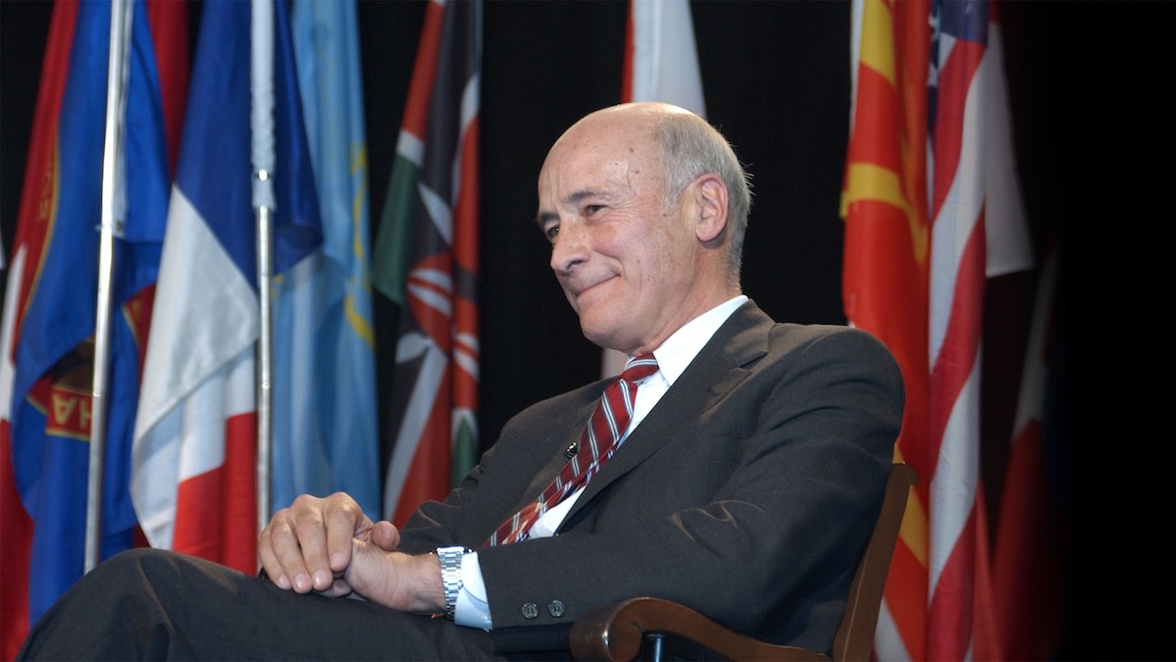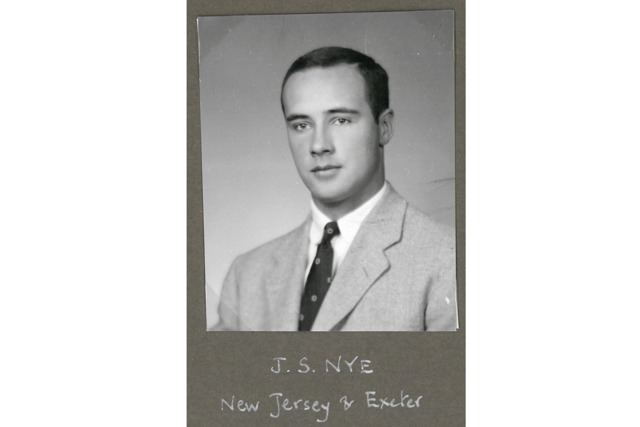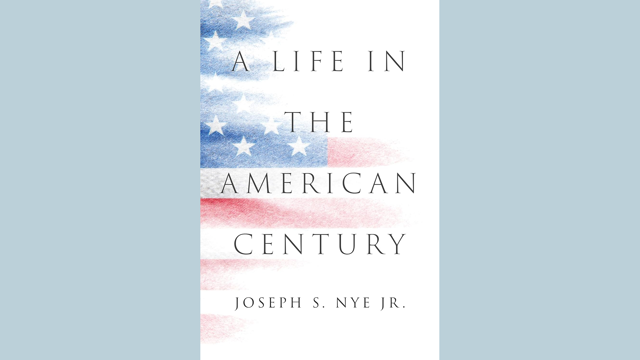“It is hard to think of anyone who has done more than Joe Nye to help us think about the nature of leadership and the nature of power, hard or soft, smart or otherwise, in the world as it has become and is becoming.”
This introduction, given by Don Markwell (Queensland & Trinity 1981), Warden of Rhodes House 2009-12, to a lecture delivered by Joseph Nye (New Jersey & Exeter 1958) in 2010, remains as true now as it was 15 years ago. Stop anyone on the streets of Oxford, and it’s possible they may not know his name, but it’s highly unlikely they have never heard of “soft power”. To condense his extraordinary and distinguished career, so eloquently described in the Harvard Kennedy School’s obituary, into two words would be a grave disservice, but it is a testament to the ongoing relevance of Joe’s work that even in the last days of his life, aged 88, he was being asked about the changing nature of the United States’ soft power.
Interviewed in October 2024 as part of the Rhodes Trust’s forthcoming Oral Histories project, Joe explained the background to the concept he is most renowned that, he notes with characteristic modesty “took legs beyond what I expected.”




